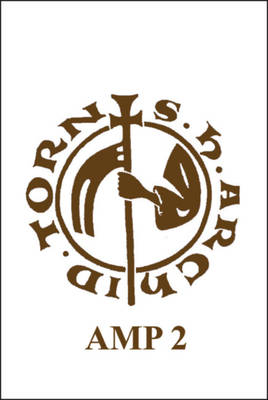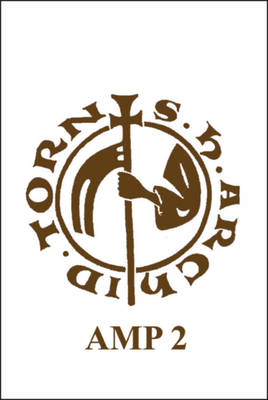
- Retrait gratuit dans votre magasin Club
- 7.000.000 titres dans notre catalogue
- Payer en toute sécurité
- Toujours un magasin près de chez vous
- Retrait gratuit dans votre magasin Club
- 7.000.000 titres dans notre catalogue
- Payer en toute sécurité
- Toujours un magasin près de chez vous
Henrici de Gandavo Quodlibet VII
Henry of GhentDescription
The editon of Henry of Ghent's Quodlibet VII makes available the critical text of an influential work. Written near the end of 1282, this Quodlibet is perhaps best known because it contains Henry's initial discussion of the papal bull Ad fructus uberes, which had granted certain exaggerated privileges to the mendicants. Henry's text puts forward arguments which limit wide interpretations of the bull and sets forth a position which favors the secular clergy. These arguments set the stage for discussions of the privileges granted by the papal bull. Indeed, Richard of Mediavilla in his Quaestio Privilegii Papae Martini makes a case for the mendicants by addressing the arguments of Quodlibet VII point by point. Henry himself reiterates and elaborates his arguments in subsequent Quodlibeta and in the Tractatus super facto praelatorum et fratrum. His analyses of Ad fructus uberes leads to discussions of poverty in the religious life, which Henry argues is not a perfection but a means to perfection.
Quodlibet VII also treats more philosophical matters, e.g. transcendentals, God's essence and knowledge, knowledge of the divine essence, genus, difference, matter, relation, quantity, human knowledge, and the human body. In addition, the text contains a response to some claims in Berthaud of Saint Denis' Quodlibet I, q17. This fellow secular master has not been studied or edited, but he emerges here and in the Tractatus as a secular master with whom Henry disagreed.
Spécifications
Parties prenantes
- Auteur(s) :
- Editeur:
Contenu
- Nombre de pages :
- 342
- Langue:
- Anglais
- Collection :
Caractéristiques
- EAN:
- 9789061864486
- Date de parution :
- 15-02-91
- Format:
- Livre relié
- Format numérique:
- Genaaid
- Dimensions :
- 167 mm x 248 mm
- Poids :
- 789 g







